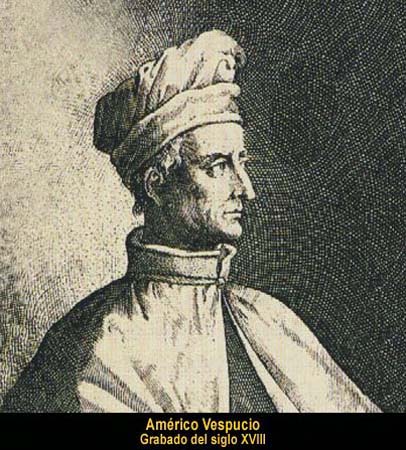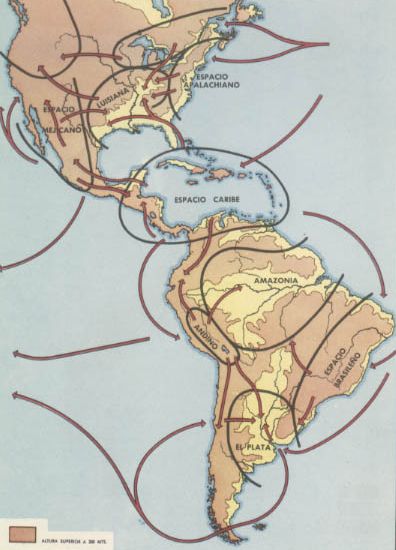
16th Century- The Spanish Empire Expands

The 16th century was one that changed the world and began shaping it to what we know today. In the last decade of the previous century a Genovese mariner set sail looking for a new route to get to the Indies... however he probably made a wrong turn and ended up in a new and undiscovered land.
But it wasn't Cristopher Columbus who realized it was an entirely different continent, but a Florentine: Americo Vespucci, who travelled to the new continent only 5 years after Columbus, and in whose honor the continent was made. No one knew the empire expansion would be such a hit.
Only very recently had the catholic Monarchs, Isabella and Fernando unified the country we know as Spain and reconquered Granada. Now they were ready to expand and become a powerful empire. It must be said that the conquistadores were brutal with the natives of a land they claimed to themselves.

They tricked the Inca sovereign when they conquered the Inca empire, and managed the conquest of the Aztec Empire with an army of only 400 men. However they never could conquer the Mapuche in Chile, however they did try long and hard in the Arauco Warwhich is the only example that did not disappear or to their decay after the coming of the white man. According to the Spanish school of thought the only way to save the "savages's" soul was to convert to Catholicism or die.
But things were not quiet at home. A powerful man inherited the crown and rose to power. So poweful in fact that Charles V was either king or emperor of most of Europe. For him Castile and Aragon (then separate kingdoms) were relatively unimportant in relation to the vastness of his kingdom.
So while he lived somewhere else, and treated these two lands as one he enjoyed the taxpayers money and financed wars that didn't even affect these kingdoms, leaving a priest in charge. People were not happy and they let him know it through the revolt of the comuneros (commoners). He got the message in the end and decided to take more notice.
However, Spain was not done conquering land and and the empire expansion continued . They decided they wanted territories on every continent possible and went for a north-African land Tunisia (or Tunez) and later The Philippines in south east Asia. But the Spanish back then were ambitious and they also wanted some land closer to home, so they decided to try a couple of islands that until then had been considered part of Portugal, the The Azores Islands.

Not everyone was happy under the Spanish empire though. The moors that had been allowed to stay in Granada got more and more annoyed which each new decision from the Spanish crown that made them feel a little unwelcome. They were forced to learn Spanish, dress like Spaniards and convert to catholicism (remember, this was the inquisition's boom).
All this they did, but when their livelihood was at risk due to a ban from the Queen to trade, they decided they had had about enough and rebelled. Today we call it the Morisco revolt. The oppressed moors became friendly with the Ottoman empire, which is what the Spanish monarch feared in the first place and soon the famous Battle of Lepanto took place.
But there were many battles within Europe where Spain was involved, such as the Firt Italian War and Second Italian War under the reing of Charles V. Howerver, what Spain didn't expect was that soon it would lose it's hegemony as the most important European empire. Phillip II was very angry with his sister in law, Elizabeth I of England.
He was pious and devout, and she was a heretic who had dared to turn England into a protestant country. Also her pirates were attacking his ships. So he decided he would teach a lesson to the heathen Elizabeth and built and put together the largest fleet anyone had seen at the time, the Spanish Armada.
Before it set sail it was believed to be invincible. He would have certainly won, but when his ships approached the English coast disaster struck and a storm destroyed a good part of them and the English took care of the rest. Complete defeat, Spain never recovered, and even after that continued waging war in Spain, the longest being the 80 Years War against the Dutch who wanted independence.
To make matters worse, Aragon were feeling left out because Castile was getting all the power and the glory while they were losing all their influence. The nobility believed they would regain some favour if they got more money, so they raised taxes, and people were having none of it, and the Aragonese rose. How does it end? Continue reading. In the end it got so bad that the King's troops got involved and that meant that Aragon lost whatever prominence they had and Castile was the winner.
